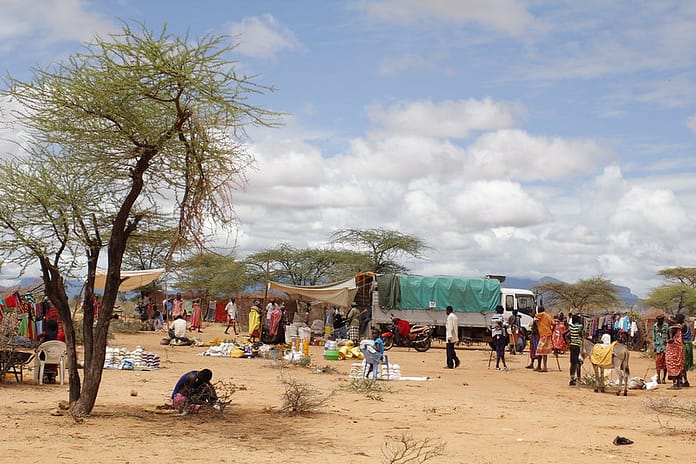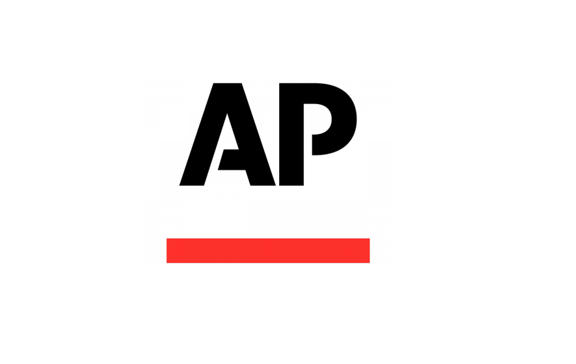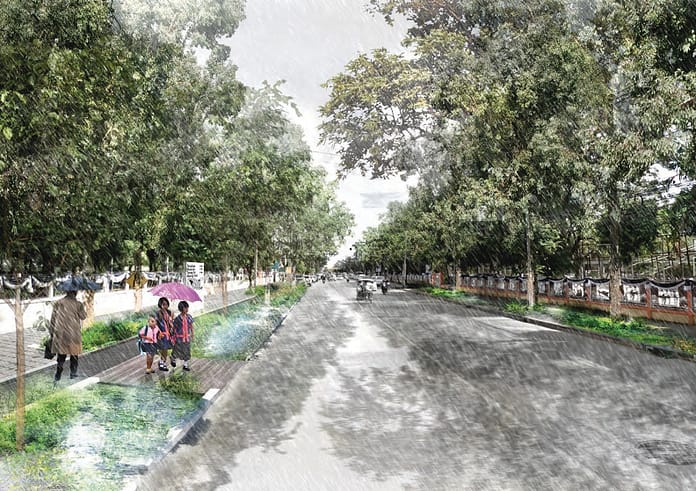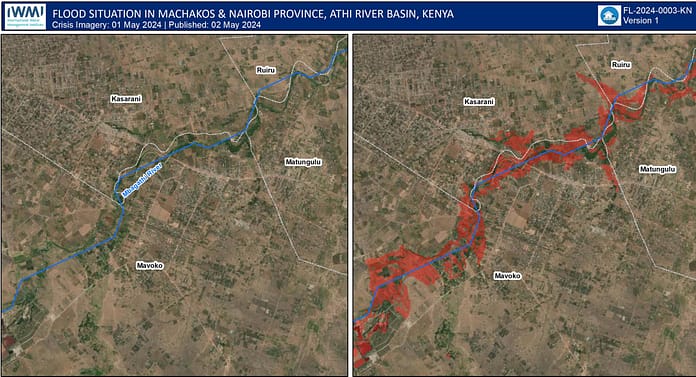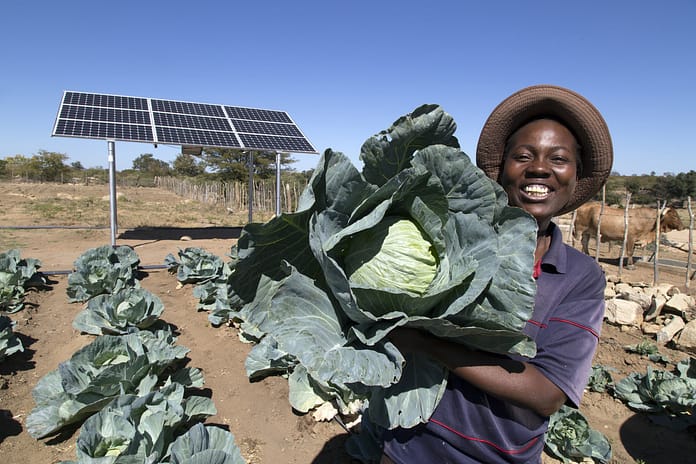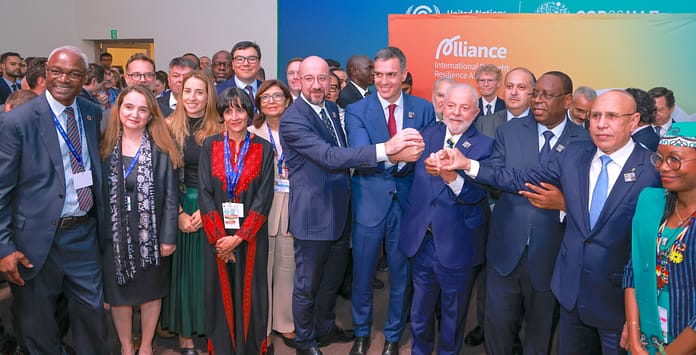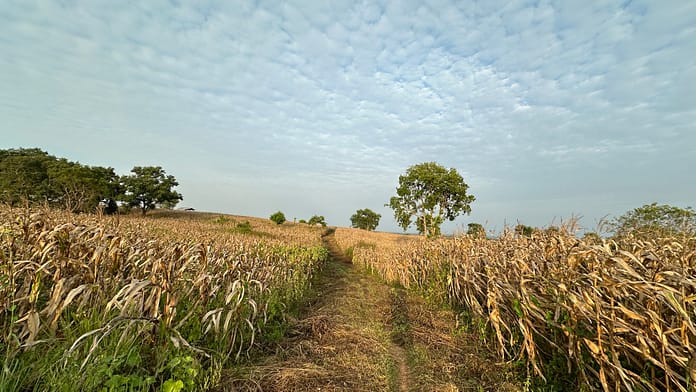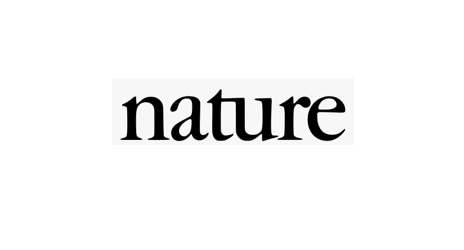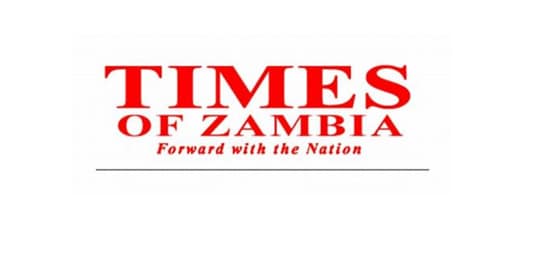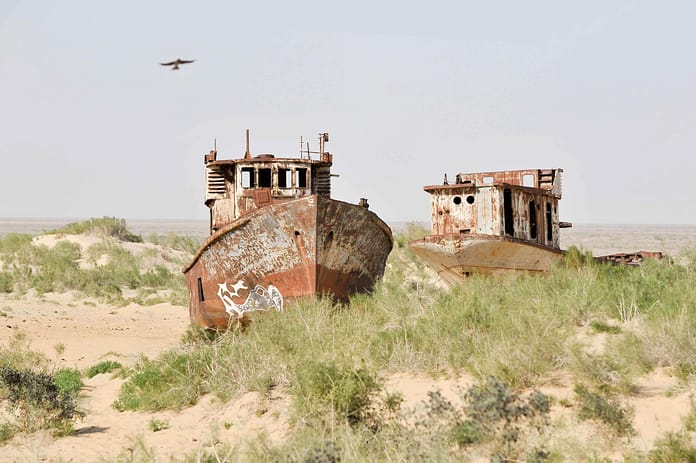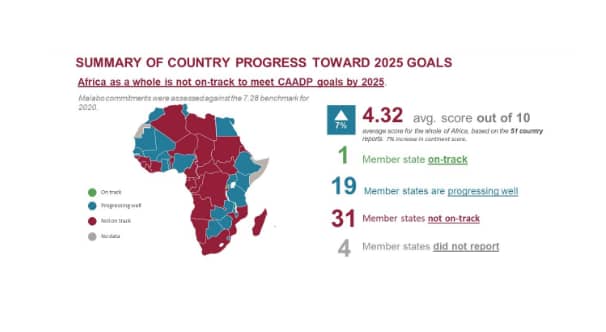The International Water Management Institute (IWMI) has been awarded the 2020 GEO Sustainable Development Goals (SDG) Award in the Special Category of Innovation linked to SDG Target 13.1. This is in recognition of the Index-Based Flood Insurance (IBFI) product developed by IWMI scientist Dr Giriraj Amarnath, Research Group Leader – Water Risks to Development and Resilience (WRDR). He accepted the award on behalf of IWMI at the virtual awards ceremony held on November 4, during Geo Week 2020. This is the first time a CGIAR center has won this award.

The United Nations SDG 13 Target 13.1 seeks to strengthen resilience and adaptive capacity to climate-related hazards and natural disasters globally. One way in which farmers can protect their livelihoods is by taking out insurance, thus transferring the risk from weather-related disasters to the provider. However, it’s often too expensive for poor farmers to afford. To overcome this problem, scientists from IWMI turned to technology. By combining satellite imagery with modelling tools, they were able to create the IBFI product. IBFI compensates farmers whose crops have been damaged by floods, with the technology indicating when the depth and duration of flooding exceeds predefined limits, triggering automatic payouts.
Early trials of the insurance were conducted during the 2017 and 2018 monsoon seasons in Bihar, India’s most flood-prone state. The results of these indicated that making such insurance schemes available across large rural areas could help bolster farming livelihoods, reduce post-disaster costs for governments and contribute both to SDG 13.1 and other goals related to reducing poverty, achieving gender equality and underpinning food security. Between 2017 and 2019, the IBFI scheme supported insurance payouts in India (USD 22,000) and Bangladesh (USD 31,500) to 1,306 out of 2,300 eligible farming households, helping increase their resilience to floods and minimize their vulnerability to natural hazards.
To enhance farmers’ resilience further, the scientists also experimented with bundling the insurance with weather forecasts, improved seed varieties, and guidance on climate-smart agronomy and water-management practices. Under the 2019 initiative Bundled solutions of Index insurance with Climate information and Seed systems to manage Agricultural Risks (BICSA), the scientists covered farmers in Bihar for both floods and drought. A total of 170 farmers received compensation to the value of INR 353,000 (around USD 5,000).
IWMI scientists now hope to make the flood insurance product available to many thousands more farmers by working in partnership with major insurance and development organisations. They are also working on a composite climate insurance product. This will use satellite-based indices in a similar way to the flood insurance, but will cover farmers for several climate perils at once, including floods, droughts, heatwaves, coastal inundation and cold spells. Again, seeds – both moisture and drought-tolerant – plus weather information and agronomic support will be bundled with the insurance to give farmers the best chance to cope if climate shocks take place.
IBFI was developed in collaboration with the Indian Council of Agricultural Research (ICAR) and the CGIAR Research Programs on Climate Change, Agriculture and Food Security (CCAFS) at the International Center for Tropical Agriculture (CIAT) and Water, Land and Ecosystems (WLE) at IWMI. IWMI’s insurance program is supported several by Bihar State Disaster Management Authority and insurance companies (India – Swiss Re, Agricultural Insurance Company of India; HDFC Ergo Insurance Company Limited, Reliance General Insurance Company Limited, Tata AIG General Insurance Company Limited; Bangladesh –Green Delta Insurance Company Limited), Weather Risk Management Services Private Limited to assist in product design and implementation support from MFIs and NGOs.


